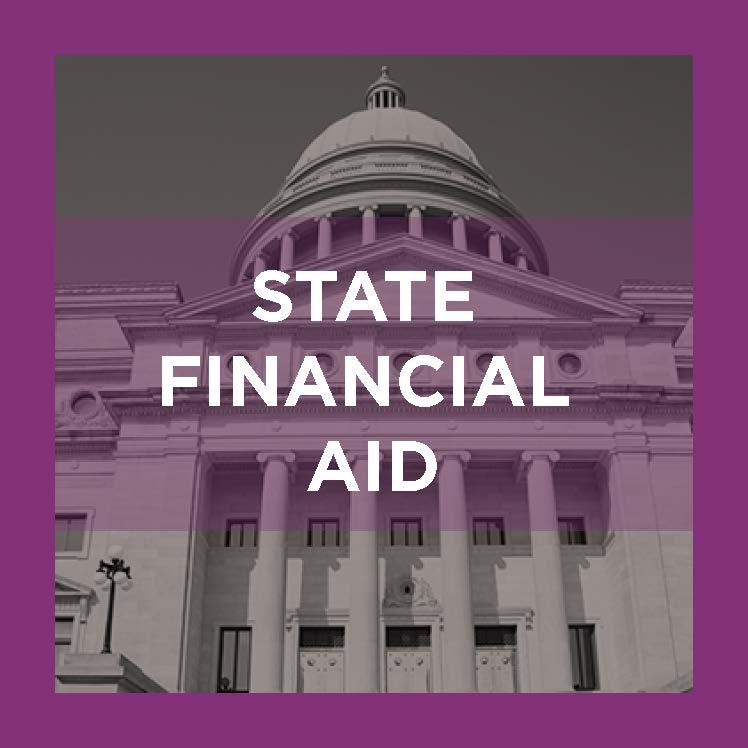Inadequate access to industry-standard broadband speeds confronts many households and individuals across the states as indicated in a recent Education Commission of the States report. Certain communities simply do not have the ability, regardless of desire or availability of financial resources, to access broadband at industry standard speeds because the information superhighway has not been constructed. Where you live matters and geography affects educational equity and opportunity. According to a report released by the White House, nearly 40 percent of American households either cannot purchase a fixed 10 Mbps connection, or they must buy it from a single provider. In addition, three out of four Americans do not have a choice between providers for Internet at 25 Mbps, the speed increasingly recognized as the baseline to get the full benefits of Internet access. In response, communities are building their own broadband networks when internet service provider competition is scarce, speeds are slow and prices are too high. Underserved populations are gaining access to better broadband due to efforts by municipalities. For example, the City of Ammon, Idaho, built an open access network that allows multiple Internet service providers to offer service to customers over a city-owned and operated fiber optic infrastructure.
Not all consumers are so fortunate though. At least 19 states have state laws that either prevent or restrict the establishment of municipally based broadband that may benefit consumers. In some states, like Minnesota, a referendum is required by individual localities seeking to offer broadband service. In Utah, local governments are required to submit and approve a feasibility study. While in Pennsylvania, political subdivisions may not provide broadband services for compensation if there is a private company already providing service there. Under the law, a political subdivision may submit a written request for the deployment of broadband services with requested speeds to the private company serving the area. If the company does not agree to provide the data speeds requested, the political subdivision may offer advanced telecommunication or broadband services.
At the federal level, the need to expand infrastructure for broadband remains a priority. In 2015, the Federal Communications Commission (FCC) took action, with public support from President Obama, in response to petitions filed with the FCC to overturn anti-municipal broadband laws in North Carolina and Tennessee. The FCC’s decision preempts elements of these states’ laws that restrict municipal providers from providing broadband service outside of their current serving areas and meeting local demand for broadband services. Tennessee and North Carolina filed appeals with the Sixth Circuit Court of Appeals disagreeing with the FCC’s decision. An oral argument regarding the FCC’s ability to preempt state laws was heard on March 17, 2016. A ruling has not been issued yet.
Without competition, providers often raise prices and/or cease investments, resulting in the lack of consumer choice and poor broadband access. Municipal broadband networks are increasing broadband access, supporting local choice, encouraging competition and improving local economic development. Moving forward, when state leaders rely on broadband access as an important tool to support increased degree attainment, they need to ensure that local communities have the ability to expand access where and when market approaches have proven inadequate.







